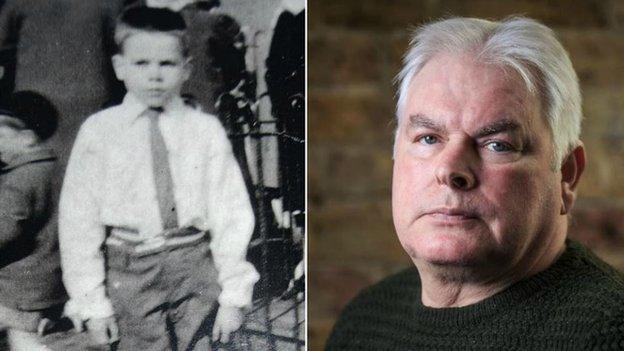Ian Brady's ashes 'will not be scattered in Glasgow'
- Published
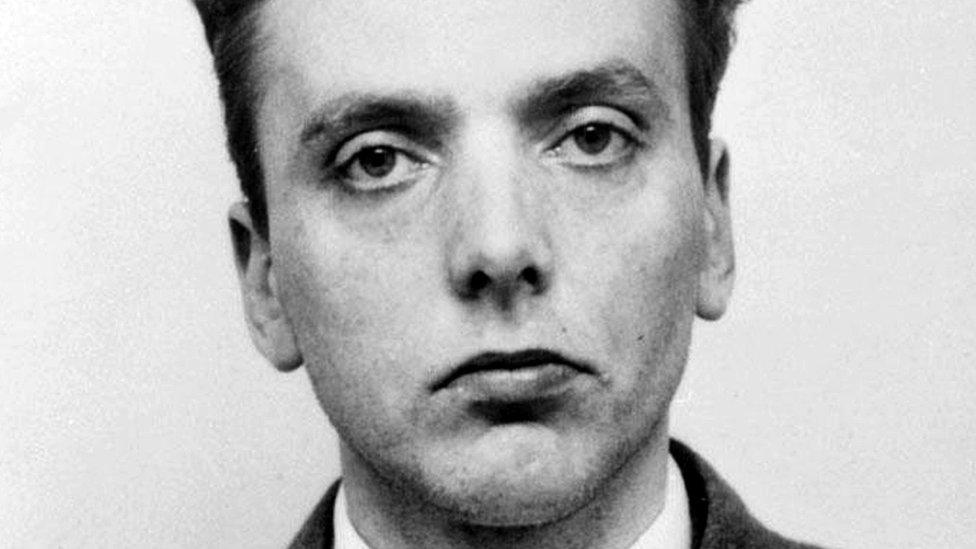
Ian Brady is reported to have requested his remains to be scattered in Glasgow
Moors Murderer Ian Brady will not have his ashes scattered in Glasgow, where he grew up, the city council has said.
The 79-year-old child killer died on Monday after spending more than five decades behind bars for murders committed with partner Myra Hindley.
It has been reported that he wished to have his remains burnt and ashes scattered in the city.
But Glasgow City Council said it would refuse any request for Brady to be cremated in the area.
A spokesman said: "We have not had such a request but we would refuse that request.
"We would advise the private crematoria not to accept the request or any such request should it be forthcoming. There has not been any request made."
Brady's body was released to his lawyer by a coroner on Thursday.
It had been held under police guard since his death at Ashworth High Secure Hospital in Maghull, Merseyside at 18:02 on Monday.
Opening an inquest into his death on Tuesday, senior coroner for Sefton Christopher Sumner delayed the release of his body to ask for assurances that a funeral director and crematorium willing to take it had been found.
He also asked for an assurance the ashes of Brady would not be scattered on Saddleworth Moor, where the remains of four of Brady and Myra Hindley's five child victims were found.
At a reconvened hearing on Wednesday the coroner's court heard solicitor and executor of Brady's will, Robin Makin, had said there was "no likelihood" the ashes would be scattered there.
Mr Sumner delayed the body's release until Thursday to allow Merseyside Police to negotiate with Mr Makin about arrangements for the funeral.
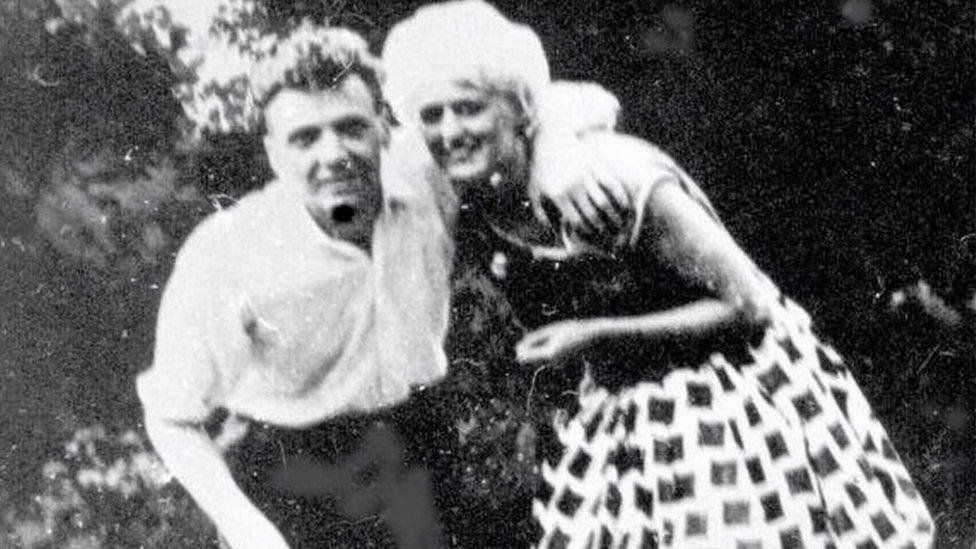
Brady and Hindley were jailed for life in 1966
Brady and Hindley were jailed for life in 1966 for the killings of John Kilbride, 12, 10-year-old Lesley Ann Downey and Edward Evans, 17.
They went on to admit the murders of Pauline Reade, 16, and 12-year-old Keith Bennett.
A Merseyside Police spokesman said: "Responsibility for the body has now transferred to the executor of Ian Brady's will and Merseyside Police has no further involvement."
Born in Glasgow in 1938, Brady later moved to Manchester, where he met Hindley, and was detained at Ashworth Hospital from 1985 onwards.
The inquest at Southport town hall was told Brady's cause of death was cor pulmonale, a form of heart failure, secondary to bronchopneumonia and chronic obstructive pulmonary disease, or lung disease.
Mr Sumner said a full inquest would be held on 29 June.
- Published18 May 2017
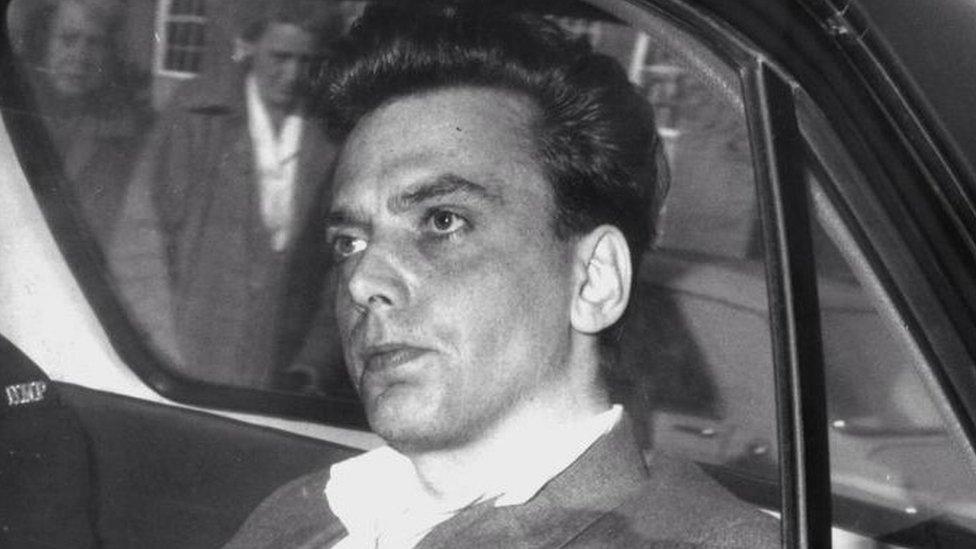
- Published17 May 2017

- Published16 May 2017

- Published16 May 2017
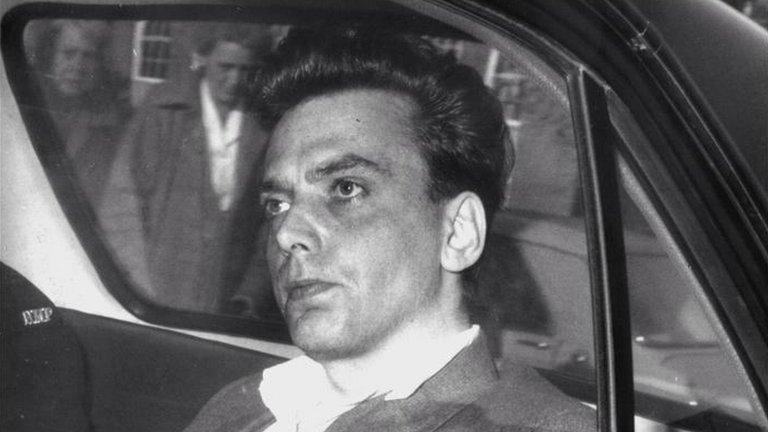
- Published16 May 2017
